“Economic sabotage” Indian American democrats flay H-1B visa fee hike
The measure, signed by President Donald Trump on September 19, applies from Sept. 21 for a one-year period unless extended.
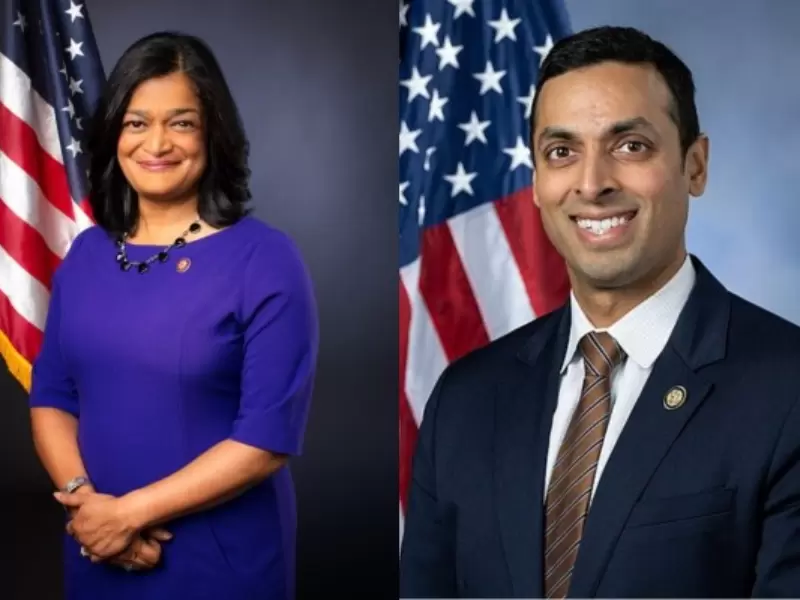 Pramila Jayapal and Suhas Subramanyam / X (Pramila Jayapal, Suhas Subramanyam)
Pramila Jayapal and Suhas Subramanyam / X (Pramila Jayapal, Suhas Subramanyam)
Indian American democrats sharply criticized the Trump administration’s decision to impose a US$ 100,000 annual fee on H-1B visas, warning that the move would damage the U.S. economy and undermine innovation.
Representative Suhas Subramanyam (D-VA) called the executive order a “direct attack on our economy,” noting that companies were already warning visa holders not to leave the U.S. “Those outside the country have 24 hours to return or risk being denied. This isn’t immigration policy. This is economic sabotage,” he said.
Also Read: Trump's $100k H-1B fee spares current visa holders, hits new cases
.@POTUS latest move is a direct attack on our economy: an $100,000 fee on all H-1B visas, effective tomorrow. Companies are warning visa holders not leave the U.S. Those outside the country have 24 hours to return or risk being denied. This isn’t immigration policy. This is… pic.twitter.com/6JBiwCI63f
— Rep. Suhas Subramanyam (VA-10) (@RepSuhas) September 20, 2025
Representative Pramila Jayapal (D-WA), who serves as ranking member of the House Judiciary Subcommittee on Immigration Integrity, Security, and Enforcement. echoed similar concerns, highlighting the impact on highly skilled professionals.
“These are visas for skilled workers — doctors, scientists, and engineers,” she wrote. “This move will hurt U.S. innovation and exacerbate an already serious shortage of medical professionals. In what world does this make sense??”
These are visas for skilled workers — doctors, scientists, and engineers.
— Rep. Pramila Jayapal (@RepJayapal) September 19, 2025
This move will hurt US innovation and exacerbate an already serious shortage of medical professionals. In what world does this make sense??https://t.co/X3IU7JY5qM
The measure, signed by President Donald Trump on Sept. 19, applies from Sept. 21 for a one-year period unless extended. Under the new rules, a three-year H-1B term would cost employers about US$ 300,000 per worker.
Officials justified the hike as a way to push companies to hire more American talent, while simultaneously unveiling a new “Gold Card” visa — a US$ 1 million fast-track route for wealthy foreigners to live and work in the U.S., positioned as a replacement for parts of the Green Card system.
The H-1B visa program, which allows U.S. companies to employ foreign workers in specialty occupations, is used heavily by the tech sector. As of 2024, Indian nationals accounted for over 70 percent of H-1B holders, making the Indian community the most affected by the change.
India’s Ministry of External Affairs (MEA) said it was studying the implications, warning of possible “humanitarian consequences by way of the disruption caused for families.” It instructed Indian diplomatic missions in the U.S. to extend assistance to citizens rushing to return before the new rules take effect.
The controversy over H-1B visas comes amid already strained India–U.S. ties following steep U.S. tariffs on Indian imports, the withdrawal of a sanctions waiver for India’s operations at Iran’s Chabahar port, and New Delhi’s criticism of Washington’s alignment with Pakistan.
Indian opposition leaders, including Rahul Gandhi and Mallikarjun Kharge, accused Prime Minister Narendra Modi of failing to protect national interests. Gandhi called Modi a “weak PM,” while Kharge said the visa fee hike, coupled with recent U.S. policy moves, showed the limits of Modi’s personal diplomacy.
ADVERTISEMENT
ADVERTISEMENT
E Paper
Video




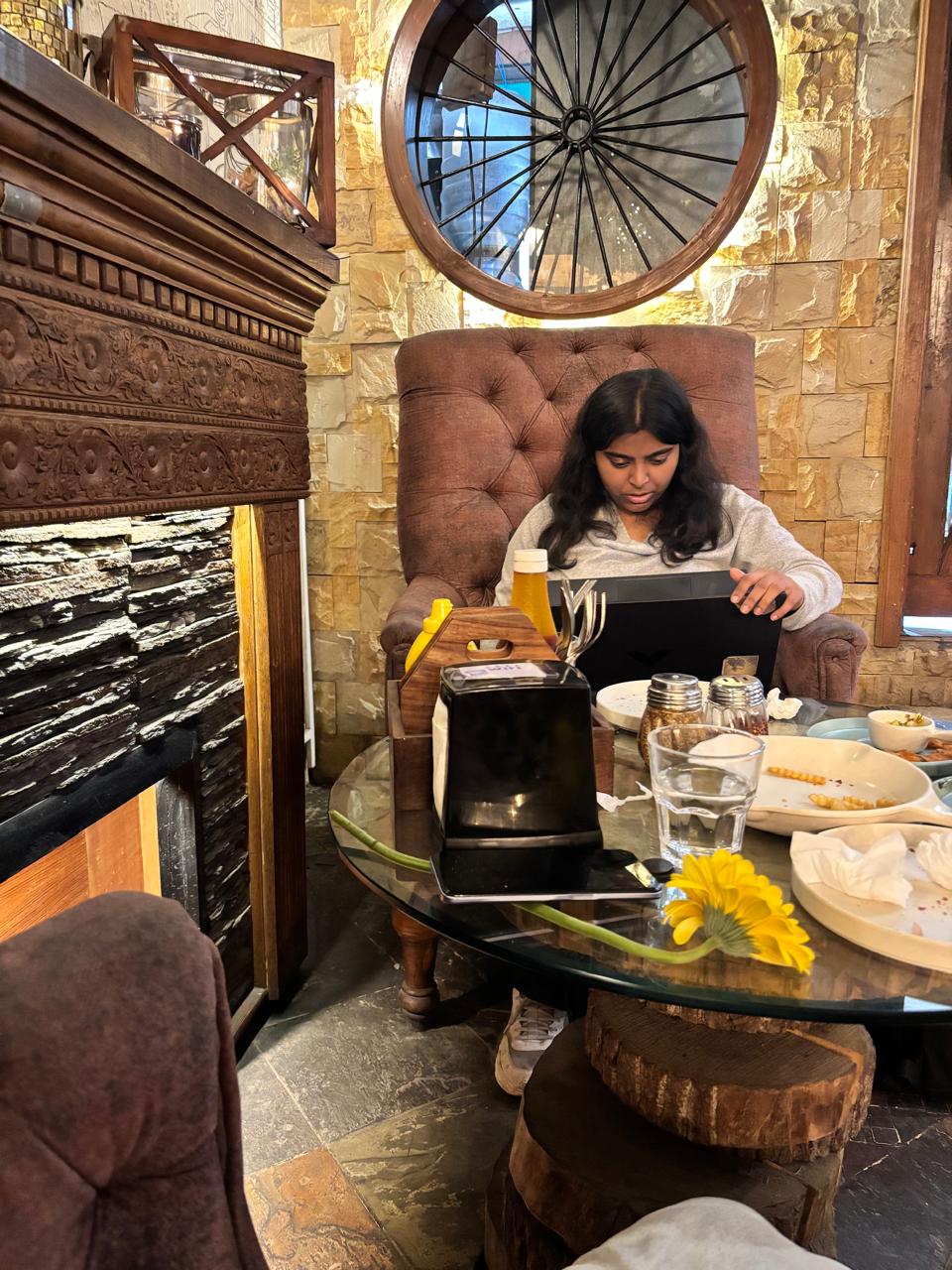 Malvika Choudhary
Malvika Choudhary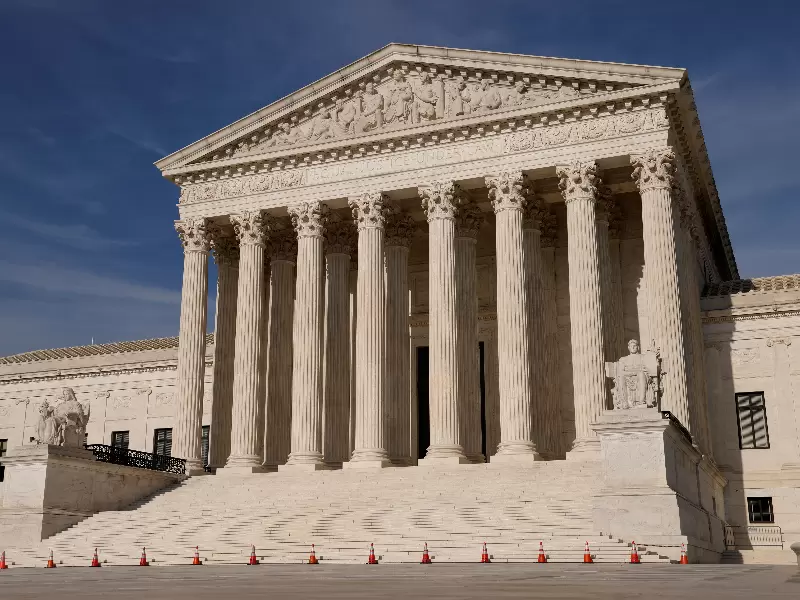
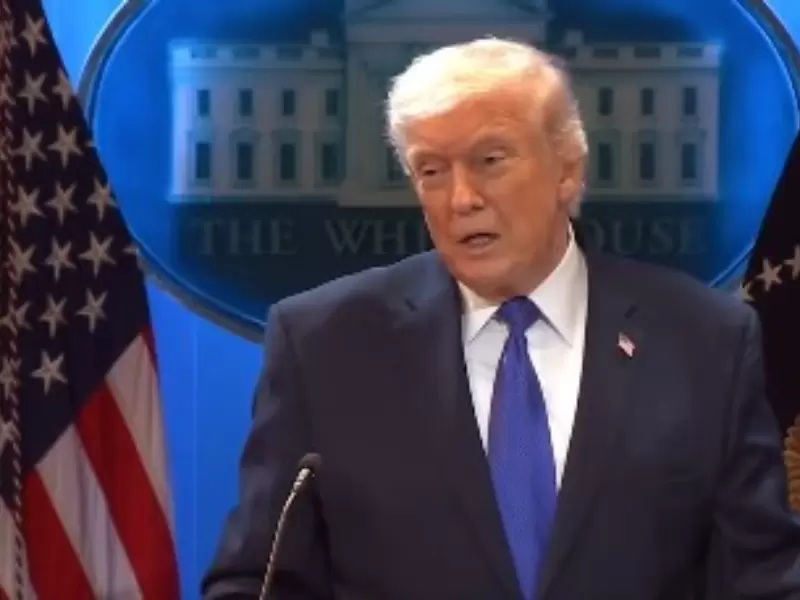
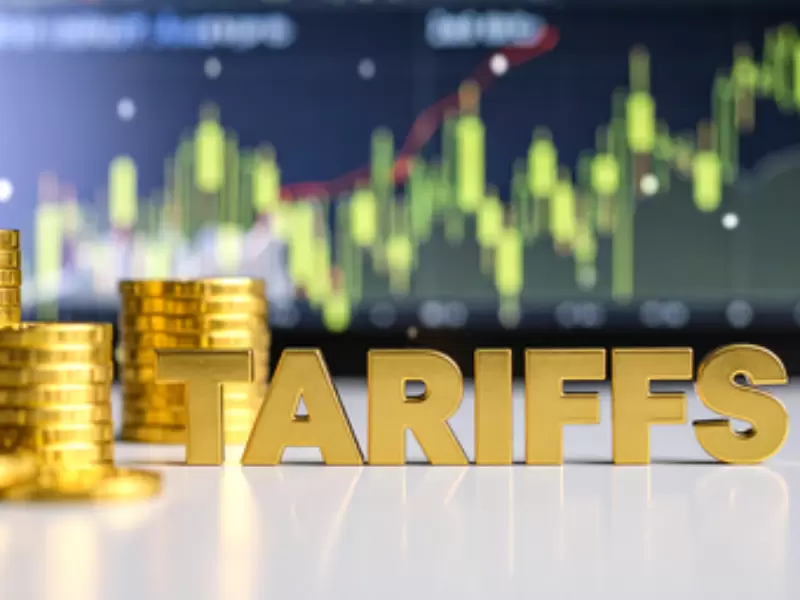
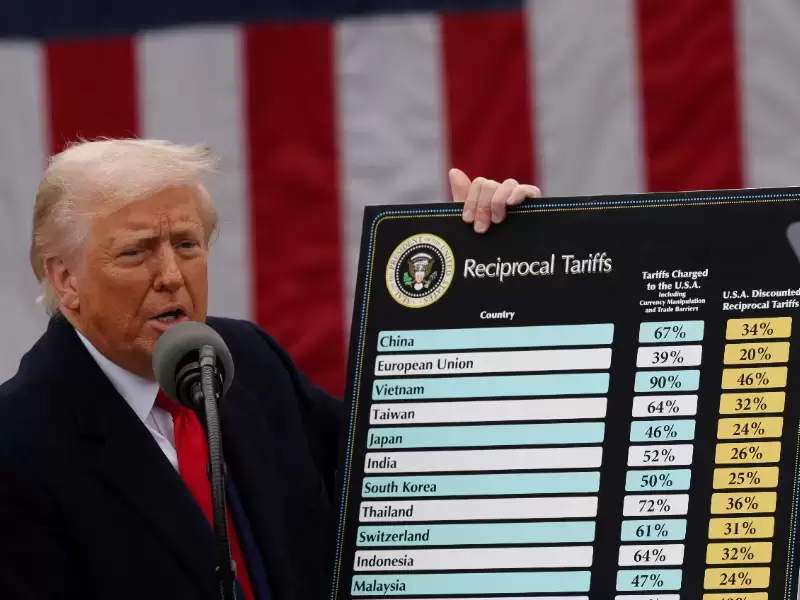
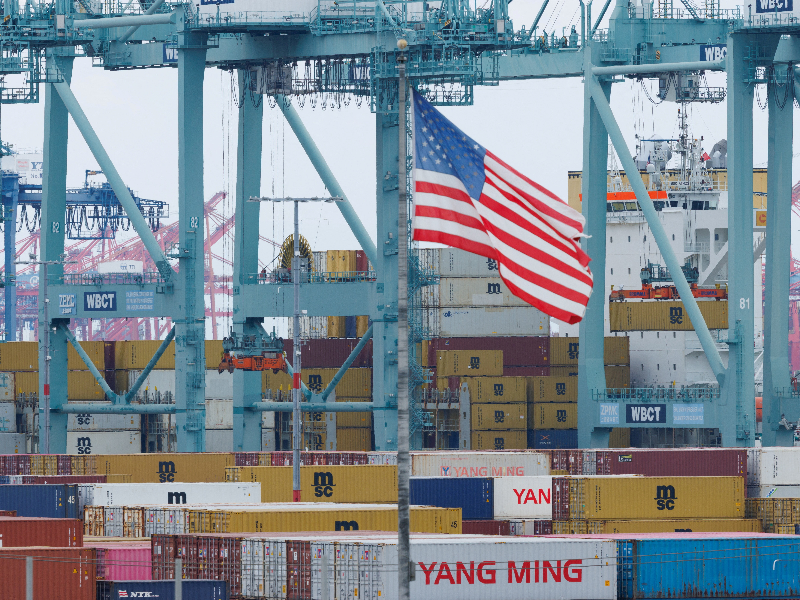
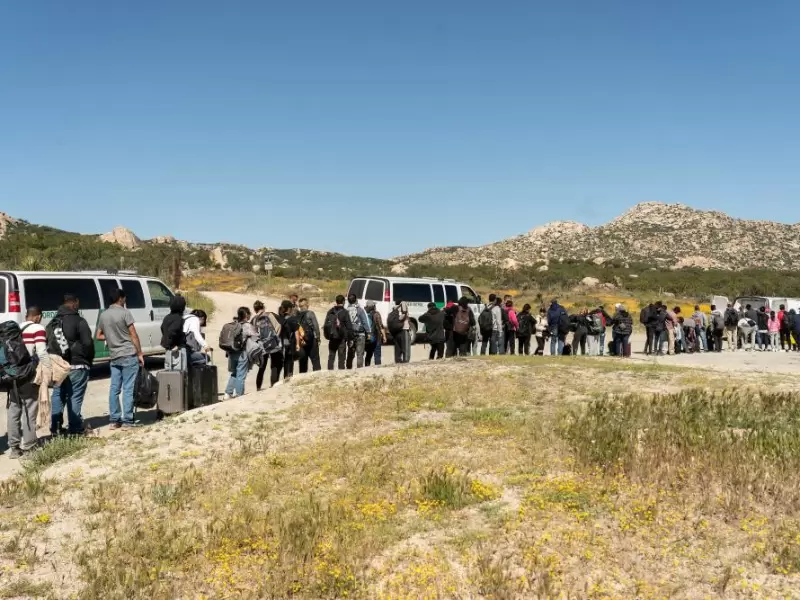
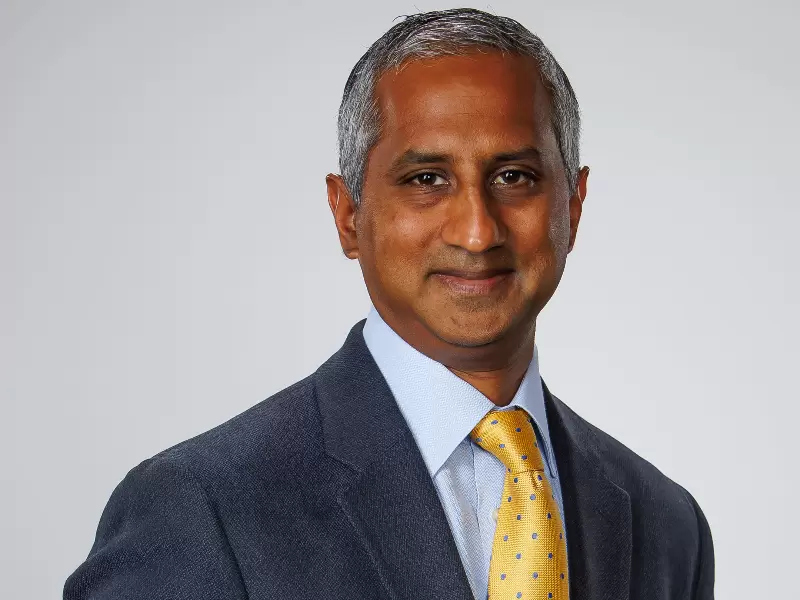
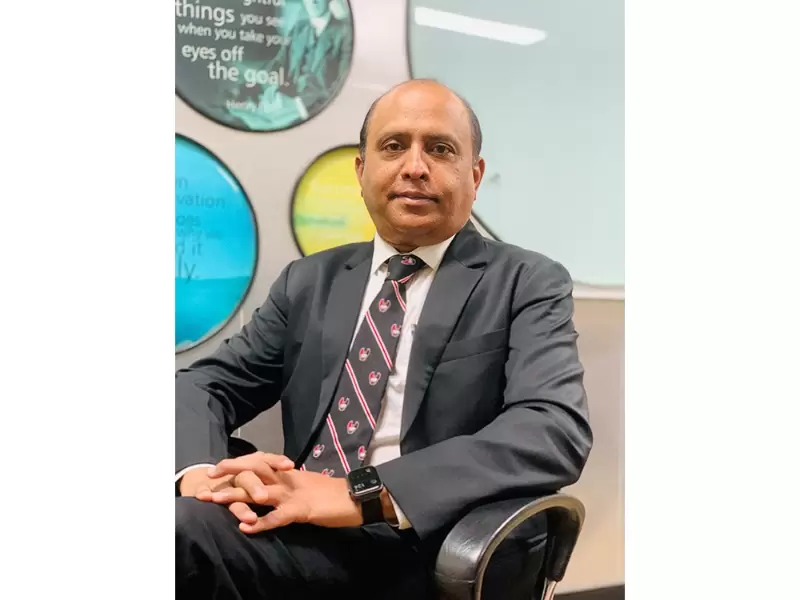
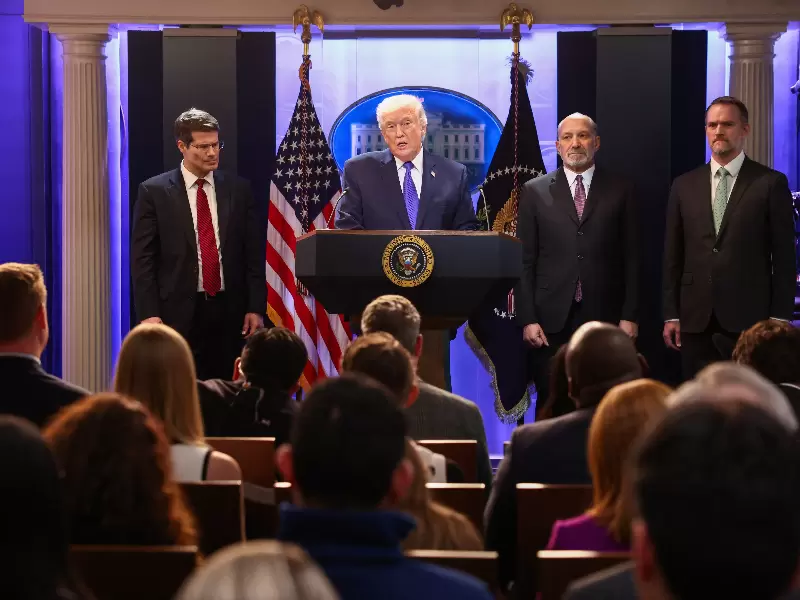
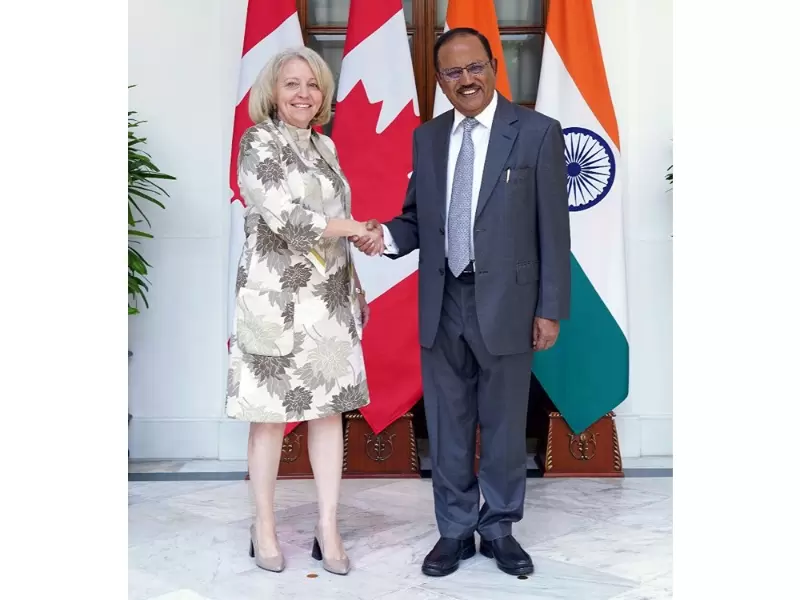


Comments
Start the conversation
Become a member of New India Abroad to start commenting.
Sign Up Now
Already have an account? Login